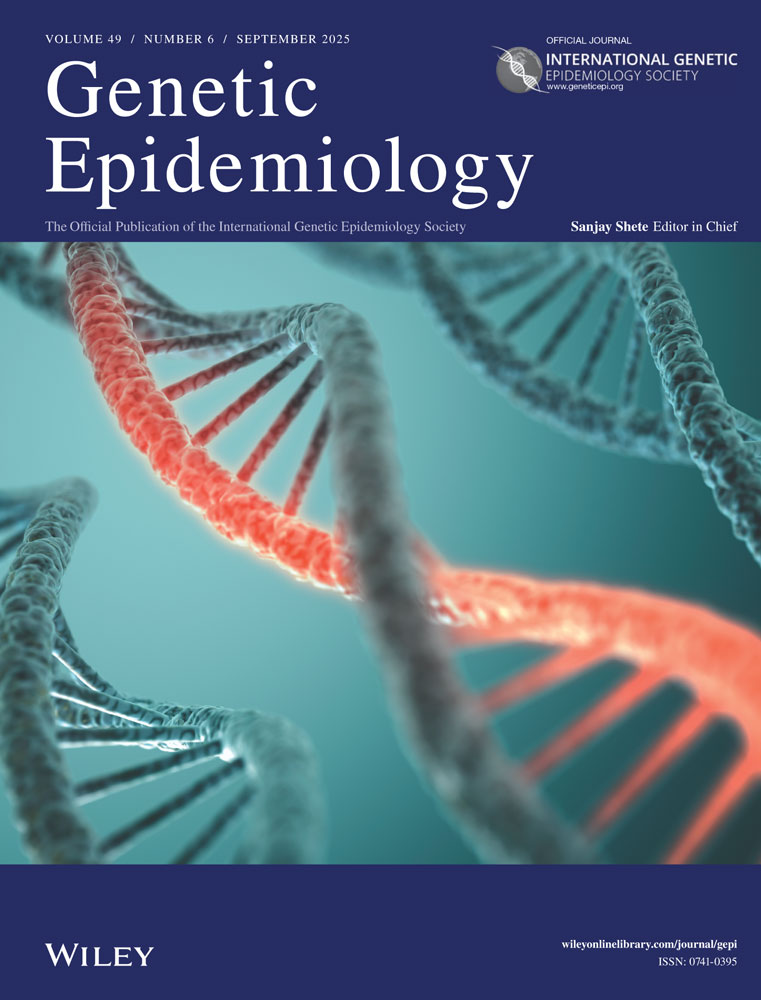Performance of linkage analysis under misclassification error when the genetic model is unknown
Abstract
Linkage analysis of complex diseases raises a number of important methodological problems. One of them concerns the clinical classification of disease phenotypes. In this study, we investigate the effects of false positive misclassification on the estimation of the recombination fraction and on the power and the robustness of tests for linkage. These effects are investigated 1) when the genetic model of the trait locus is known; and 2) when it is unknown, by maximizing the likelihood of the marker configuration given the disease status in the family. Results show that linkage analysis of misclassified data leads to an overestimation of the recombination fraction and a loss of power of the linkage test. The results are quite similar in both situations. However, the linkage test itself is robust to this kind of misclassification error.




